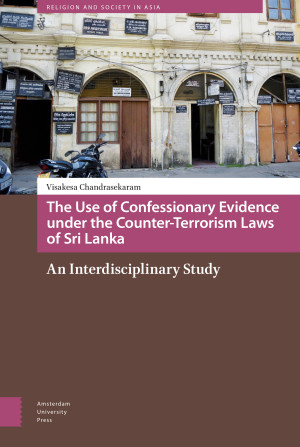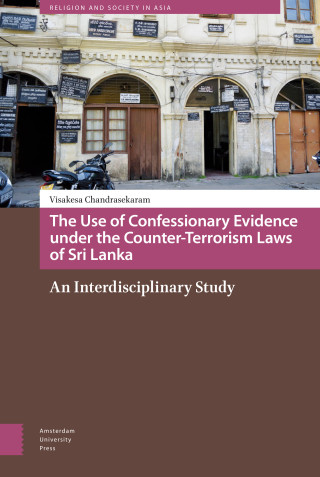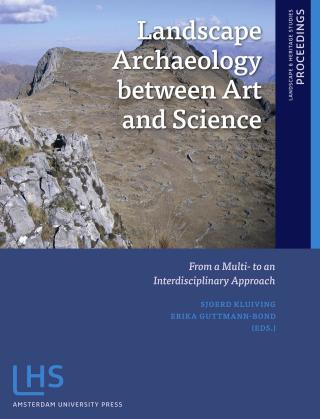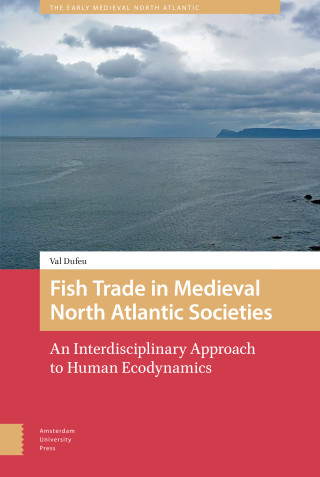1. Do Tigers confess?
a. The legal war against terrorism
b. Background
c. Literature review
d. Methodology
2. Rebellion and martyrdom
a. Martyrdom
b. Pride, loyalty and discipline
c. The suicide strategies
d. Truth, fear and fantasy
3. Facts, falsities and fictions
a. Confession templates
b. The institutional voice
c. Semantic criteria
d. Legal criteria
e. Semiotic criteria
f. Fictions vs. reality
4. Punitive interrogation of Tamil Tiger suspects
a. The suspect population
b. Secretive investigations and the right to silence
c. Punishment of the suspect
d. The truth of torture
5. Judgment of the terrorist against the 'formula of justice'
a. 'Finite justice' in the journey of the criminal justice system
b. Constructing the case against the terrorist
c. Inequalities in the justice system
d. The formula of justice
e. (Pre)judgement of the terrorist by the judiciary
f. Justice denied
6. Fantasies, fictions, myths and denials about Tamil Tigers' confessions
a. End of the Tamil Tigers' era
b. Consequences of the mass prosecution strategy
c. Tigers don't confess?
d. The future of confessions





